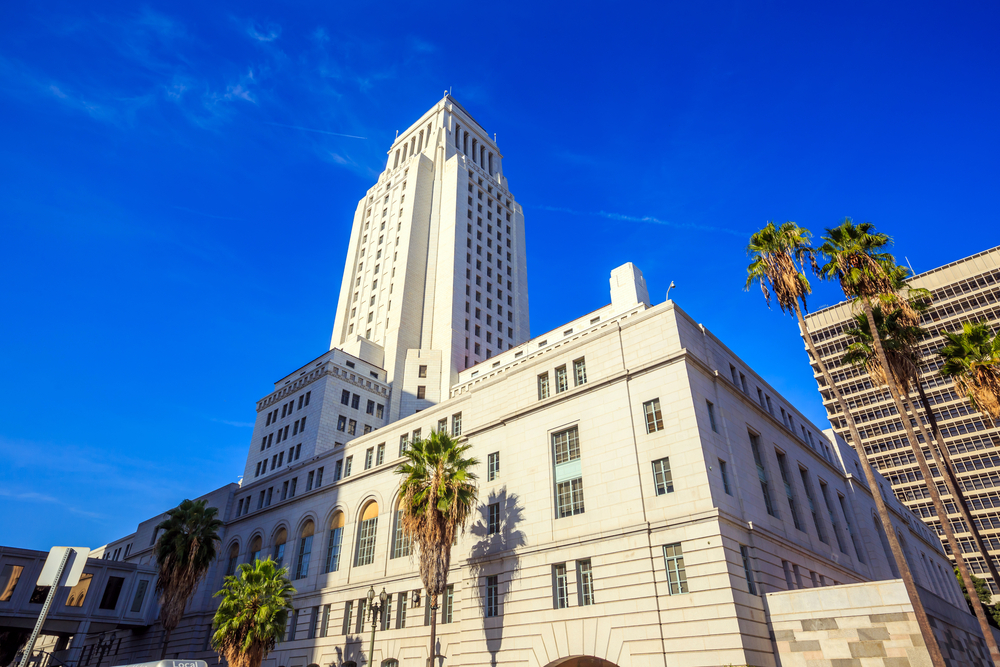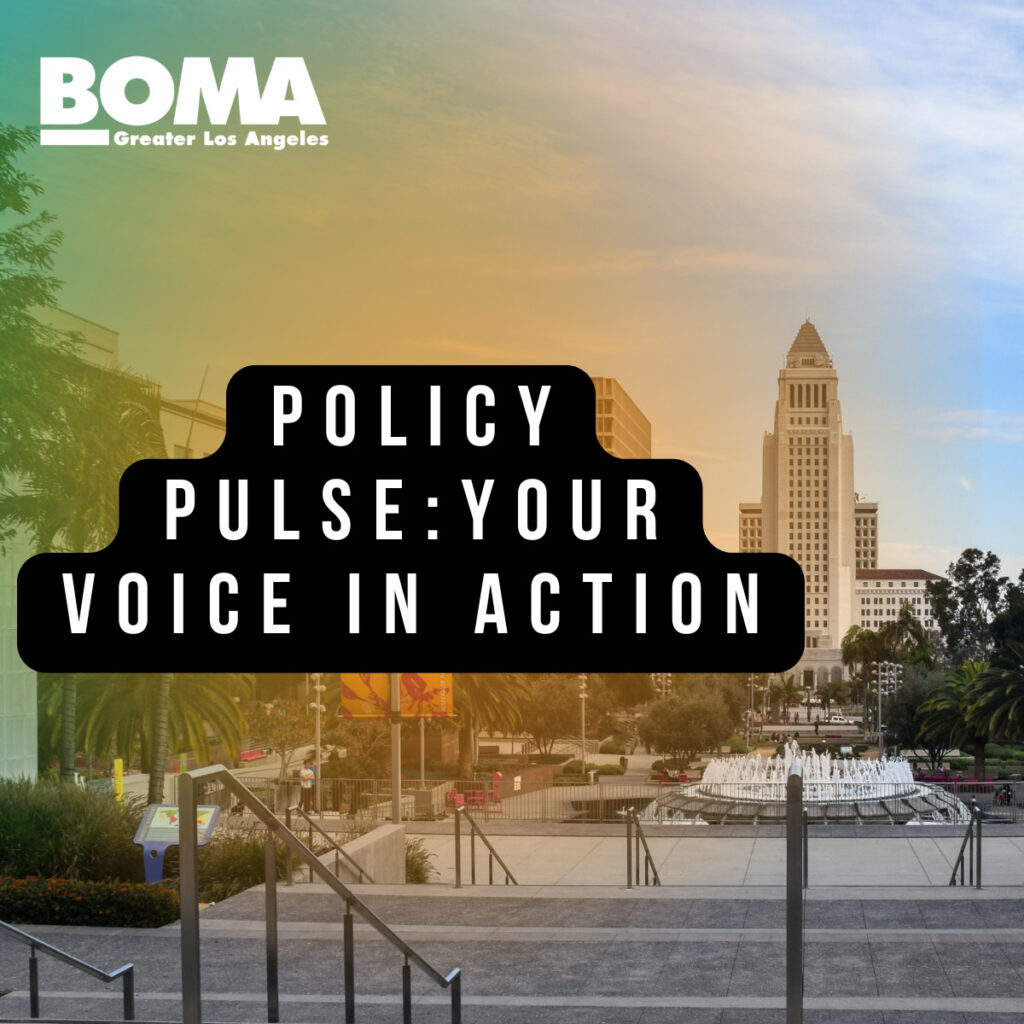LA City Council Approves $30 Minimum Wage for Tourism Workers — Ballot Battle Heats Up

Despite concerns over economic impacts, the LA City Council voted to raise the minimum wage for airport and hotel workers to $30 an hour by 2028.
This change will directly affect hotels, airports, and related service providers — key tenants and partners for many in commercial real estate. Higher operating costs could impact leasing, service contracts, and tourism-driven property revenue, especially as the city prepares for major events like the Olympics.
What You Need to Know
The motion, introduced by City Council members Curren Price and Katy Yaroslavsky, would increase the minimum wage for workers in the tourism sector to $30 by 2028.
The proposal describes tourism workers that work at LAX and employees of hotels with over sixty guest rooms. Currently, the minimum wage for large hotel workers is over $20, nearly two dollars higher than the standard minimum wage in the city.
Backed by unions such as Unite Here Local 11 and SEIU-United Service Workers West, the proposal argues that workers in one of the city’s most prominent industries deserve higher wages.
The LA City Council Economic Development and Jobs Committee has recently approved their own amendments.
Wage Increases: Would be implemented gradually, starting with $22.50 per hour in July 2025, increasing to $25 in 2026, $27.50 in 2027, and finally $30 in July 2028.
Training Requirement: Employers must provide six hours of paid training annually to each employee. Training must cover worker rights, harassment and discrimination prevention, health and safety protocols, and complaint procedures.
Collective Bargaining: Allows training to be waived through union agreements.
Training Exemption: There will be an exemption from the training requirement if the hotel employer can show that they would have to reduce their workforce by more than 20% or reduce workers' hours by more than 30% to avoid shutting down. The hotel employer must notify their workers before submitting an exemption application and the results of that application.
Health Benefits: Starting in July 2025, hotel employers would have to pay at least $8.35 an hour (by July 2026) to hotel workers for Heathcare benefits. If the health benefit is less than that, the difference must be paid to the worker as an added hourly wage increase.
Enforcement Measures: Employees may file complaints with the Bureau of Contract Administration. Employers found in violation will receive penalties. The City may also suspend, or revoke permits or contracts for non-compliant employers.
The chief legislative analyst will have to report back to the Economic Development and Jobs Committee in 6 months on the effects of the wage increase. For example, business closures and hardship exemption requests.
Advocacy and Opposition
Business leaders and organizations, including the Hotel Association of Los Angeles, BizFed, and several chambers of commerce, have voiced strong opposition.
They argue that the hospitality sector is still recovering from the COVID-19 pandemic and that the proposed wage increases could significantly strain the industry.
Escalating Ballot Measure Fight
The ordinance has ignited a fierce political fight between business and labor groups.
Airline and hotel groups filed for a voter referendum to overturn the wage law, saying it could cause layoffs, closures, and other economic harm. BizFed estimates it may cut $1.1 billion in spending and cost 15,000 jobs.
Unite Here Local 11 responded with four proposed ballot measures:
- Raise the $30 minimum wage for everyone citywide by 2028
- Require voter approval for projects such as big hotels or Olympic venues.
- Increase business taxes for companies with large CEO-to-worker pay gaps
- Limit city property access for companies with high pay disparities
Business groups are considering putting forth a measure to repeal the city’s $800 million business tax.
What’s Next?
The city is reviewing signatures for a referendum to repeal the $30 tourism wage. Meanwhile, Unite Here Local 11 is getting ready to collect signatures for its own ballot proposals.
BOMA on the Frontline is watching this policy fight and its possible effects on commercial real estate and tourism.


